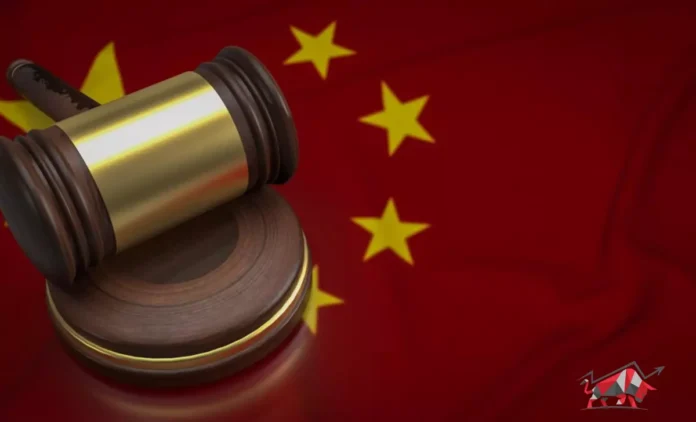China’s Supreme Court and Public Prosecutor have made a major update to the country’s Anti-Money Laundering (AML) laws. For the first time, they have recognized “virtual asset” transactions as part of the AML framework. This change marks the first significant update to the law since it was introduced on January 1, 2007.
New Interpretation of Money Laundering Methods
During an August 19 conference, the Supreme People’s Court and the Supreme People’s Procuratorate announced that under the new interpretation of the law, virtual asset transactions are now listed as recognized methods of money laundering. This update comes amid speculation that China might soon unban crypto, though many remain skeptical.
Under the new regulations, the transfer and conversion of criminal proceeds through digital transactions will be subject to penalties. These penalties include fines ranging from 10,000 yuan ($1,400) to 200,000 yuan ($28,000) for severe offenses. Offenders could also face jail terms of five to ten years.
The revised laws also provide clearer guidelines on what constitutes “serious circumstances” in money laundering cases, such as refusing to cooperate with authorities or laundering more than 5 million yuan ($700,000).
Rising Prosecutions for Money Laundering in China
In 2023, China prosecuted 2,971 people for money laundering, a 20-fold increase from 2019, according to the Supreme People’s Procuratorate.
Recent speculation suggests that China might be reconsidering its crypto ban. On July 14, Galaxy Digital CEO Mike Novogratz hinted in a now-deleted post that China could “unban” Bitcoin by late 2024. On August 19, Justin Sun, founder of Tron and crypto exchange HTX, added to the rumors by asking on X what meme would best suit China’s unbanning of crypto.
Despite these speculations, some industry experts remain doubtful. Yifan He, CEO of Chinese blockchain firm Red Date Technology, said he doesn’t believe China will allow its citizens to freely trade Bitcoin using local currency. Mikko Ohtamaa, co-founder of Trading Strategy, also believes that a shift in China’s stance on crypto would conflict with the government’s political agenda.
China first banned crypto exchanges in 2017 and intensified its crackdown in 2021. Whether this latest development signals a change in policy remains to be seen.


